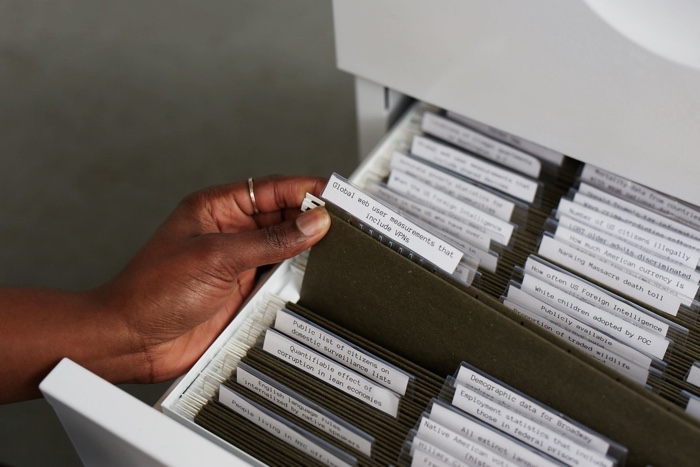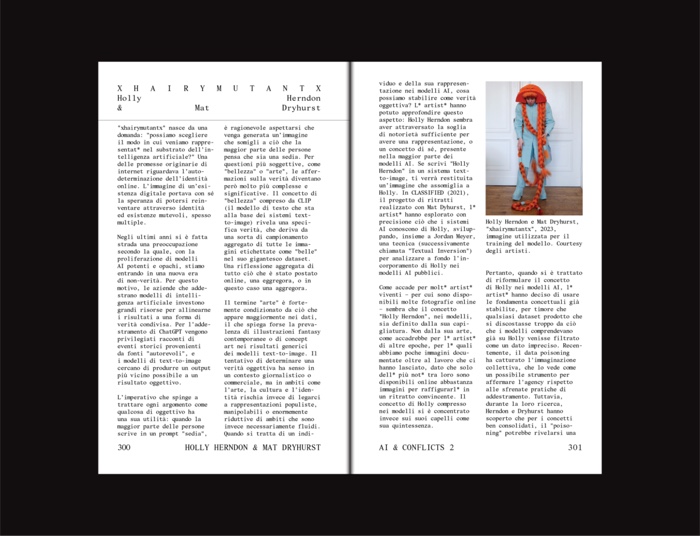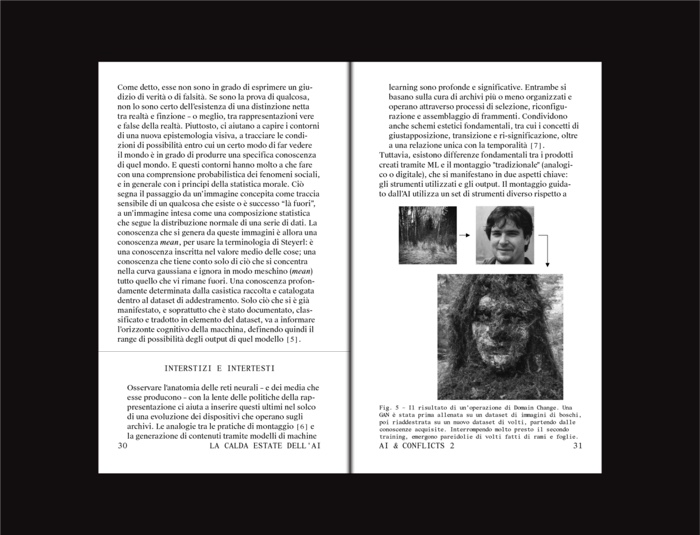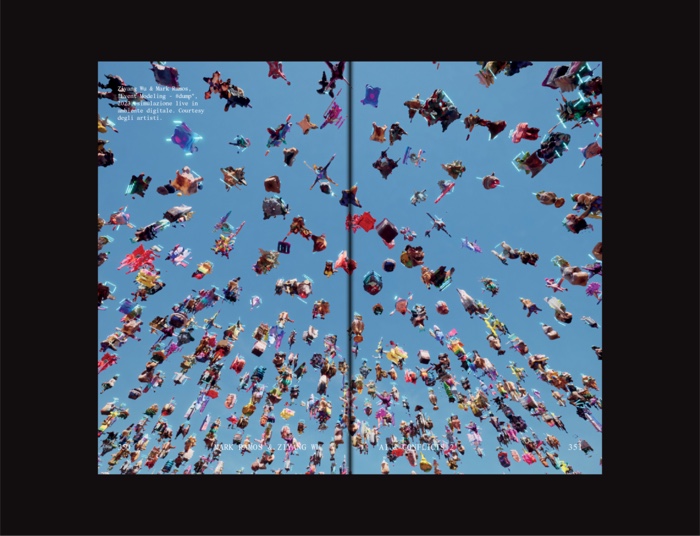AI & Conflicts. Volume 02. Edited by Daniela Cotimbo, Francesco D’Abbraccio and Andrea Facchetti.

Contrary to what the title may imply, this book is in Italian. Nevertheless, I found AI & Conflicts 02 so stimulating that i’d like to recommend it to my three (or perhaps four?) Italian-speaking readers. The compilation of essays explores the tensions between, on the one hand, the promise of neutral, efficient and emancipating artificial intelligence models and, on the other hand, the colonialist, prejudiced and extractivist nature of the technology. The book aims to offer a snapshot of the current state of a technology that evolves so fast that experts and practitioners barely have the time to elaborate the vocabulary, concepts and critical tools able to articulate its political, ethical and aesthetic dimensions.
The artists and thinkers featured in this publication counter AI’s proprietary and opaque logics with strategies of resistance. They explore the possibilities of a situated technology, rewrite the narratives that accompany its development, challenge dominant models and demystify the working of AI. The result is immensely engaging and fun. One moment, you follow Matteo Pasquinelli‘s deep dive into the limitations, biases, fallacies and vulnerabilities that affect AI as a mathematical and cultural technique. Next, you discover Flavia Dzodan‘s investigation of the algorithmic legacy of colonialism in which she explains how racist and misogynist taxonomies developed in the 18th century continue to haunt not only beauty standards and societal hierarchies but also contemporary databases.

Minne Atairu, Blonde Braids Study, PORTRAITS OF MAMI WATA, 2023
Exploring AI and identity with Holly Herndon and Mat Dryhurst | xhairymutantx | Whitney artport

Holly Herndon and Mat Dryhurst, xhairymutantx Training Costume, 2023
I also enjoyed Eryk Salvaggio‘s questioning of whether Large Language Models (LLM) are adequate substitutes for search engines. LLMs, he explains, are not designed to obtain accurate results, but only statistically probable ones. Interestingly, Salvaggio appears to be among the many people who click on Reddit results whenever they look at Google search results. Not because Reddit is a more reliable source, but because its discussions and contexts help the users make sense of fragments of information. Hito Steyerl made some interesting points about the very human, submerged and barely paid labour hidden behind the filters designed to erase biases and the datasets used to train the prompt generators.
Another great essay is by Lauren Klein and Catherine D’Ignazio who reframe the original principles of Data Feminism from the perspective of AI. They argue that only a feminist, multi-perspective and anti-capitalist approach to AI could lead to a more equitable and sustainable world in which everyone can thrive, even those who are excluded from the ‘wealth-generated-wealth’ system of corporate AI research and development.
Domenico Quaranta asks what remains of the artistic practice of appropriation in a time when anyone can play with machines that have no regard for the intellectual property of artists, photographers, illustrators and other rights holders. Can practices of appropriation still function as tactics of countercultural resistance in this context?, he asks. Can they still act as critical tools for investigating the concepts of authorship and intellectual property, and as forms of ‘algorithmic sabotage’?
The core issue is that generative AI is now predominantly in the hands of private and corporate interests. And the main victim of this process of expropriation (a better term than appropriation in this context, says Quaranta) is the content made available in the public domain or under open licences, intended to contribute to the common good rather than enrich a few greedy capitalist conglomerates.

Morehshin Allahyari, Material Speculation: ISIS. Lamassu, 2015-2016

Mimi Ọnụọha, Library of Missing Datasets, 2016

Zach Blas, CULTUS, 2023. Installation detail at arebyte Gallery, London. Photo by Max Colson
Whether it’s discriminations, Potemkin AI, copyrights, data aesthetics or technodiversity, many of the themes explored in the book are not new. However, the authors bring in fresh perspectives to these topics. Their texts are very accessible but also precise, thought-provoking and enjoyable. They also carry a sense of urgency. I wonder if a truly plural, open and fair artificial intelligence will ever see the light of day (I’ll settle for a “just decent AI”, to be honest), but if you want to understand what it would look like and how we can achieve it, then AI & Conflicts. Volume 02 is an excellent guide to follow.
Book spreads:



